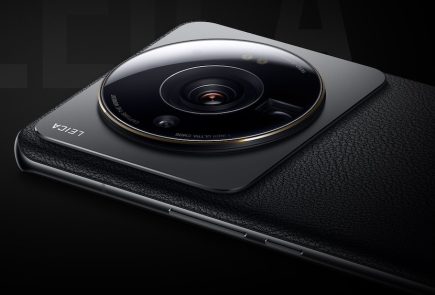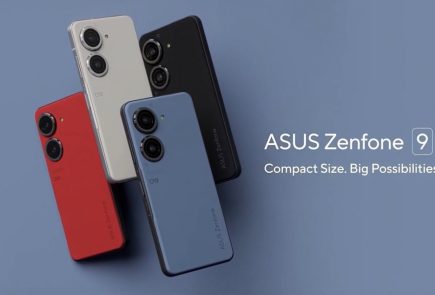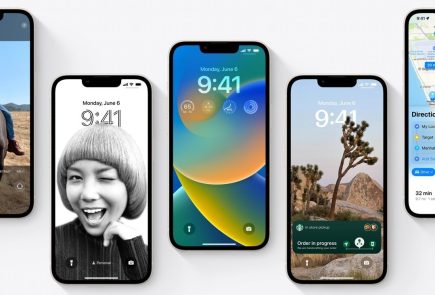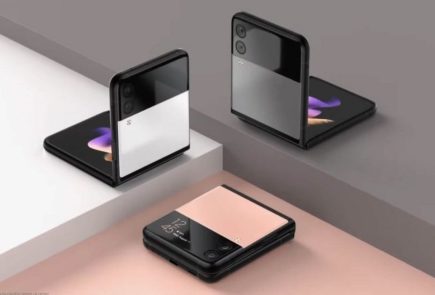Samsung Wants Smartwatches to be Big in India
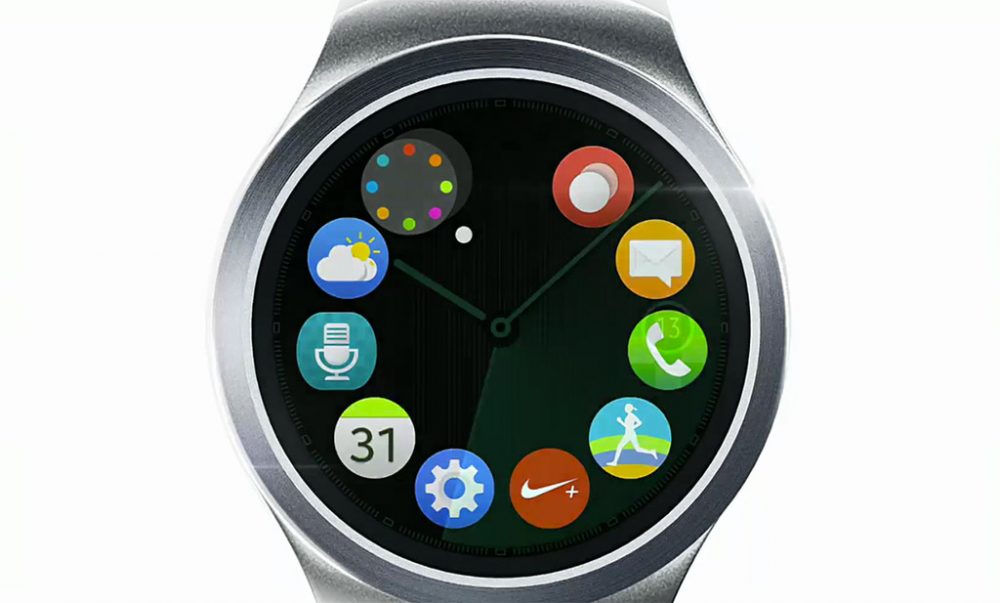
Samsung launched the Gear S2 smartwatch in India on Thursday. The launch sees company’s entry into the Indian smartwatch market, which isn’t so hot as of now. One of the reasons Samsung delayed the launch of the Gear S2 in India was due to license and the need for the right content. The Gear S2 comes with a starting price of Rs 24,300.
Manu Sharma, Director, Product Marketing, Samsung Electronics India, unveiled the devices at the event and spoke about the importance of the smartwatch trend in the country. Sharma was especially gleeful about the Gear S2 in India which has partnered with Samsung’s R&D Centre, Samsung Research Institute in Bangalore and other third party partners as part of the ‘Make in India’ initiative to cater to the specific needs of Indian customers.
The smartwatch trend in India is still in its early stages. The wave hasn’t really caught on and consumers here aren’t sold on the usability and practicality of a smartwatch. Part of the reason behind this is the lack of any localized applications, tailor-made for the Indian consumer. Smartwatches, after all, is meant as a fitness device, among other things.
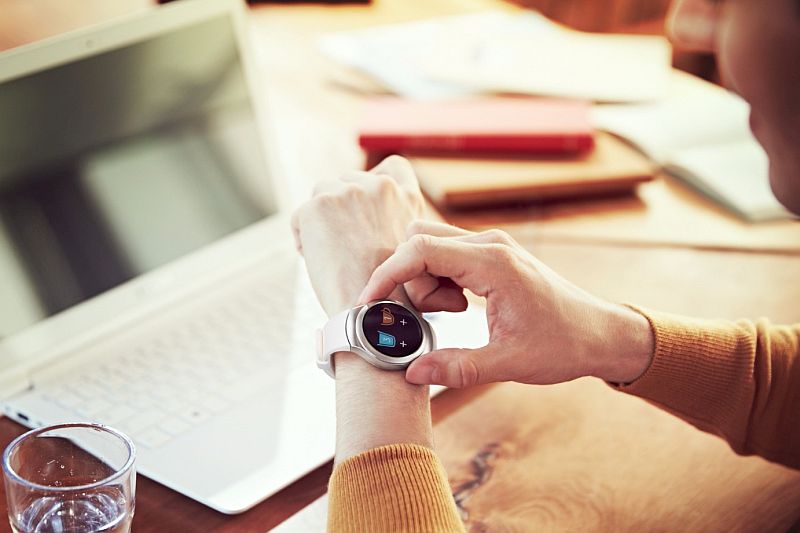
Samsung has tried to address this problem in a bid to attract the Indian customers by partnering with apps like Obino Gear Up that monitors and suggests ideal meals based on Indian food preferences along with exercise options. The meal suggestions come from an extensive Indian food database along wth relevant measuring indices like ‘katori’ (a bowl) ensuring enhanced tracking of diet.
Apart from this, the sensors in the watch like accelerometer, gyro sensor, proximity sensor, etc help monitor physical game-play for sports popular in India such as Cricket, Tennis, and Golf, as of now. “We are aiming at providing a differentiated experience altogether with our smartwatches, which consumers can customise as they want. Our main focus is to increase the use cases for Indian consumers,” said Sharma.
The goal as Samsung sees it, according to Manu Sharma, is to make the smartwatch the primary device, something you look at you reach for your smartphone. In order to do that, the smartwatch needs to have enough and more applications to convince users that looking at their wrists is far more practical and efficient than digging into their pockets. Having a smartwatch that has applications customized for the Indian audience is one way to go about it, which Samsung has achieved with the Gear S2. Is it enough for the smartwatch win over the Indian market? Only time will tell.
















